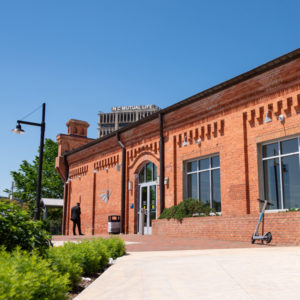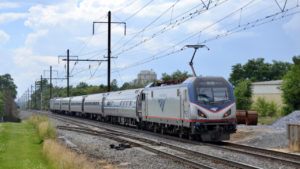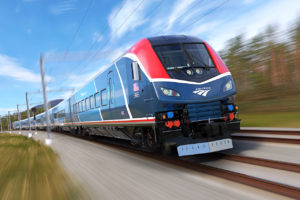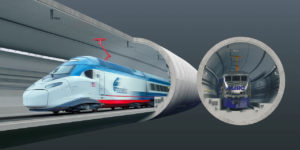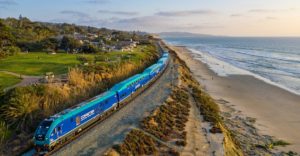California governor nixes SF-LA high-speed train
Written by Staff and newswire report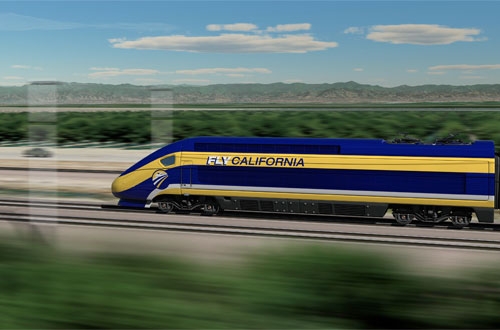
Gov. Gavin Newsom, citing budget pressures, says the state will not move forward with plans to connect Los Angeles to San Francisco by a high-speed rail link.
Rather than the full high-speed line, Newsom said the state will build only the Central Valley segment of the line, linking Merced and Bakersfield. Newsom’s remarks, made during his first State of the State address Tuesday, were not widely expected.
“I know that some critics are going to say, ‘We’ll, that’s a train to nowhere.’ But I think that’s wrong and I think that’s offensive,” Newsom told legislators, according to local media sources. “It’s about economic transformation. It’s about unlocking the enormous potential of the Valley.”
“Let’s level about the high-speed rail,” Newsom said. “Let’s be real, the current project as planned would cost too much and, respectfully, take too long. Right now, there simply isn’t a path to get from Sacramento to San Diego, let alone from San Francisco to L.A. I wish there were.” Newsom’s decision comes less than three months after the state’s auditor issued a scathing report on costs associated with the project.
Brian Kelly, California High-Speed Rail Authority CEO, put a positive spin on the news. The governor “called for setting a priority on getting high-speed rail operating in the only region in which we have commenced construction—the Central Valley. We are eager to meet this challenge,” he said in a statement released on social media.
Nonetheless, the news will come as a disappointment to the rail construction industry. Millions of dollars worth of rail, crossties, signals, etc. were needed under the original plan.
In March of last year, the California High Speed Rail Authority announced that the L.A.-San Francisco line would cost $13 billion more and take four years longer to build than original estimates.

